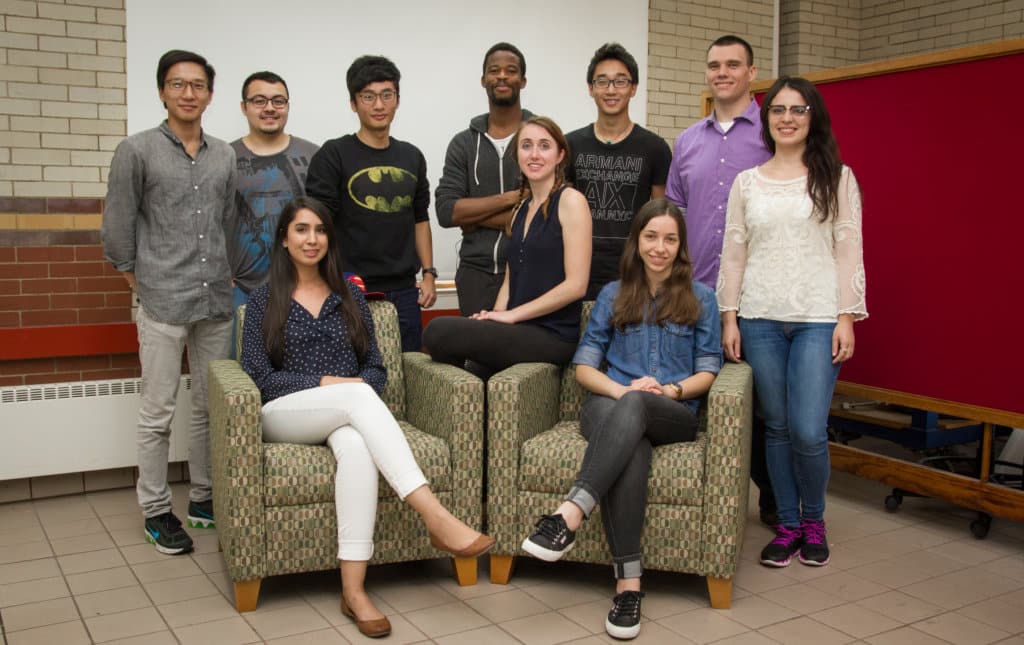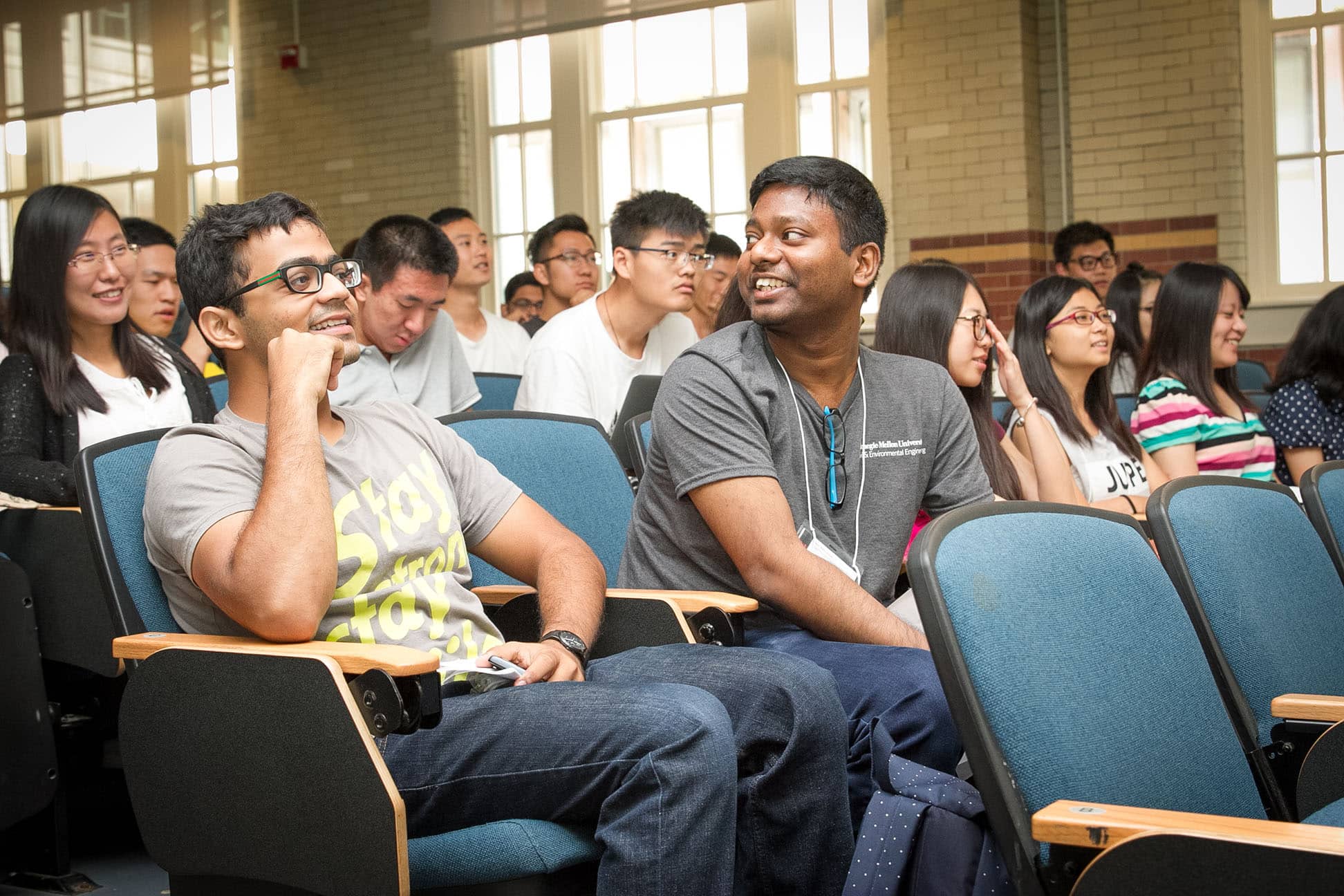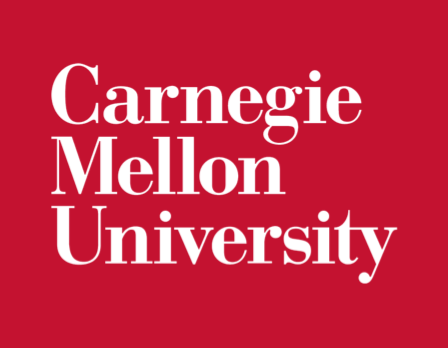As AI gets better, engineers need to level up. Carnegie Mellon University’s new Master of Science in Artificial Intelligence Engineering (MS AIE) combines the fundamentals of artificial intelligence and machine learning with engineering domain knowledge and culminates in an integrated capstone project — in other words, the rare know-how to develop and apply AI-based solutions within an engineering context.
“I’m excited to see what transformations that will happen to our profession once these students have graduated and taken on the workforce,” says Mario Bergés, a professor in the Department of Civil and Environmental Engineering. “This new generation of engineers will not only be able to master AI tools but to recognise how they can leverage engineering domain knowledge to extend them to be more practical and powerful.”
Located in Pittsburgh, Carnegie Mellon University (CMU) has a motto that goes: “Big ideas start here.” Given its reputation as the birthplace of innovation since its founding in 1900, this research institute is the place for students looking to be global problem solvers and create a transformative impact on major scientific, technological and societal challenges. Not only do CMU graduates get recruited into some of the most prestigious and progressive companies such as Google, Uber, and Disney — they create impact too.
In fact, some of the breakthrough ideas and solutions that we are familiar with, were contributed by CMU alumni. Among them are the Java computer programming language by James Gosling and Duolingo, the language learning app that was invented by professor Luis von Ahn.

Source: Shutterstock
MS AIE students are set to do the same. AI has extended beyond the digital realm of social media and e-commerce. It’s now part of physical technologies in areas such as healthcare, communication, manufacturing and more. MS AIE students will be ready for this new reality.
The programme — first of its kind in the nation — trains them to truly integrate AI solutions into practical solutions to Civil and Environmental Engineering problems — capabilities/talent that are currently not addressed by either computer science or traditional engineering disciplines alone. “This programme is unique in that it acknowledges the fact that engineers in the future will need to make use of and develop innovations in AI as part of their toolbox when formulating solutions to the problems they face,” says Bergés.
MS AIE core courses cover the fundamentals of machine learning along with the systems and toolchains needed to work with AI systems. “Aside from those fundamentals, students can choose from a broad set of elective courses and a capstone project course that allow them to concentrate on specific sub-disciplines of civil and environmental engineering and learn to leverage AI solutions in these contexts,” says Bergés. The programme also teaches students to embrace the ethics or policy considerations which are crucial in solutions driven fields like engineering.
As MS AIE graduates, they are set to have the upper hand when they apply for high-demand careers within the Civil and Environmental Engineering field. “With these skills, graduates would be able to pursue innovative career paths in areas such as intelligent transportation systems, structural health monitoring, facilities management and environmental data analysis, to name a few,” says Bergés. More specific examples of industry positions in these fields include advanced analytics research scientist, deep learning research engineer, senior 3D process engineer, and senior bioinformatics quality engineer.
Many of these graduates credit their success to the College of Engineering. This is where they not only evolve into creative and technically strong engineers and research pioneering solutions to global challenges — but make lifelong connections too. The university is home to students representing 118 countries and faculty representing 59 countries. At this diverse and connected global community, everyone belongs and is equipped to succeed.

Source: CMU
The best part? Unlike other engineering programmes, the MS AIE is open to all bachelor degree holders. It is ideal for those with an interest in mastering the fundamentals of AI and the associated tools, as well as to learn the intricacies of effectively integrating these learnings into practical engineering solutions.
If you want a high-demand career in AI and to transform society, learn more about the MS AIE here.












